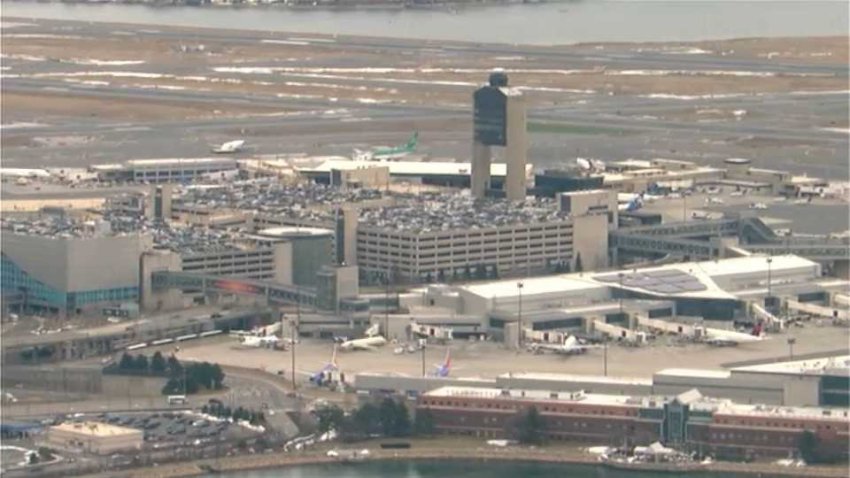
Plane towed at Boston's Logan airport in incident that briefly grounded flights
Flights were grounded at Boston Logan International Airport Wednesday afternoon after an issue with a landing plane that had to be towed from a runway, officials said.

Flights were grounded at Boston Logan International Airport Wednesday afternoon after an issue with a landing plane that had to be towed from a runway, officials said.

Here’s a roundup of Bruins first-round pick predictions from 2025 NHL mock drafts posted after the lottery.

If NBA history is any indication, the Celtics should be in good shape entering Game 2 against the Knicks.
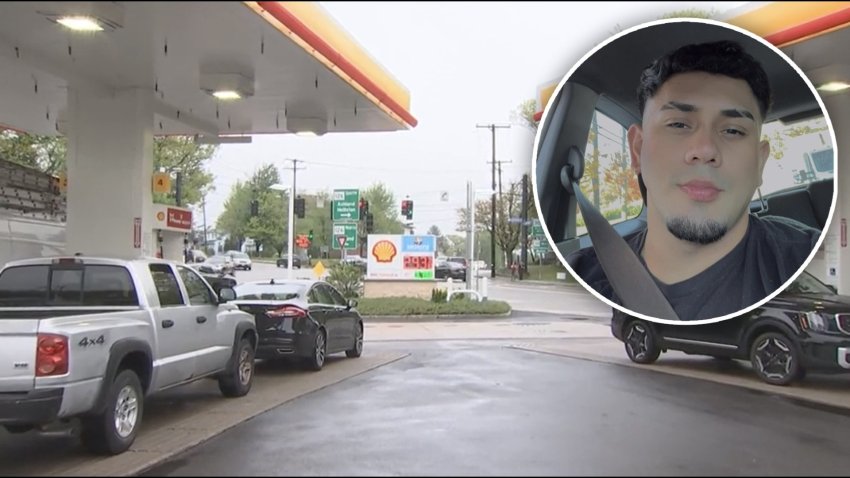
Daniel Orellana was on his way to work when he was intercepted by ICE patrols in a Shell gas station in Framingham, Massachusetts.
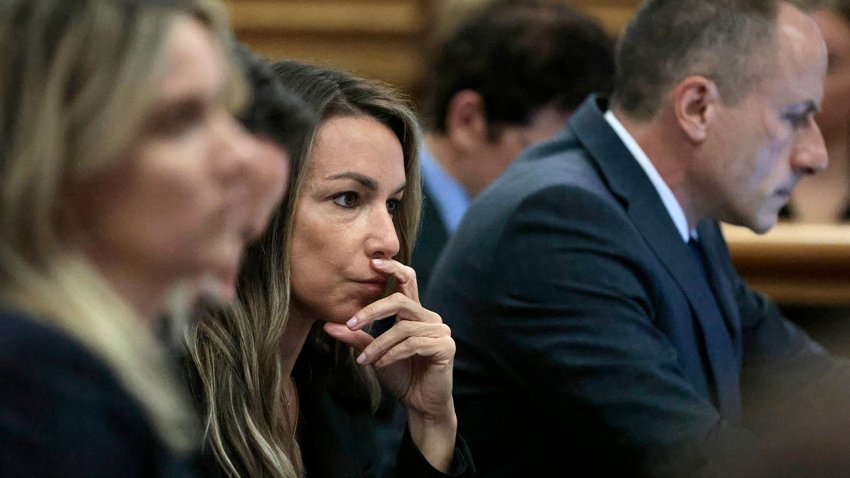
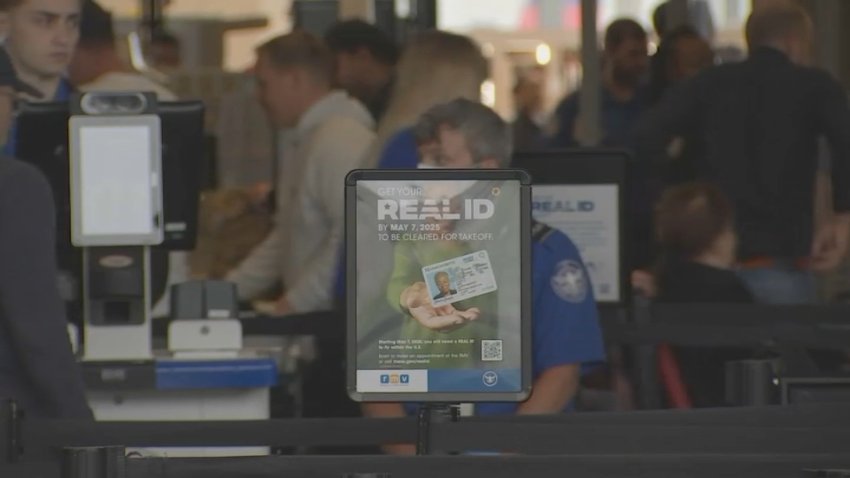
REAL ID requirements for those flying within the United States begin Wednesday after nearly 20 years of delays.
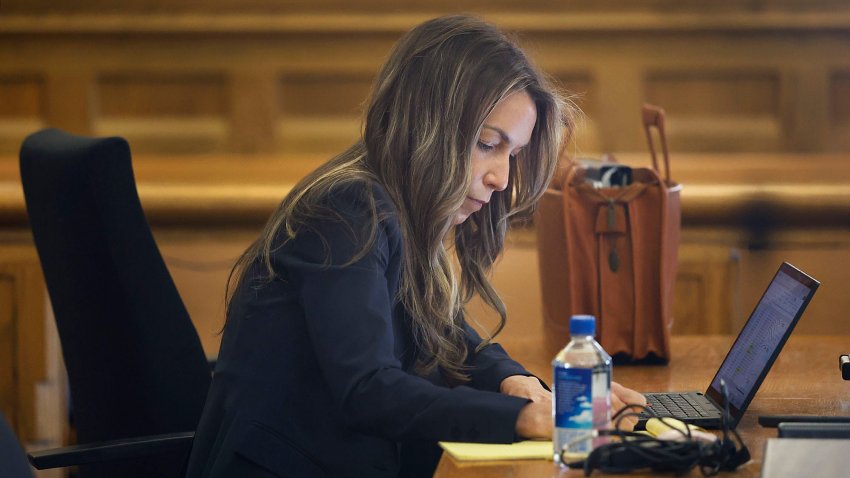
Prosecutors in Karen Read’s second murder case on Tuesday introduced a series of angry voicemails that she left for her Boston police officer boyfriend in the hours before he was found in the snow.

New direct flights to launch to Caribbean from Boston

We’re tracking a light at the end of the tunnel – with actual sunshine on the way!

A bill being considered in Massachusetts would codify four different protections related to English Language Learners, immigrant students and students with disabilities established by federal statutes and guidance

Massachusetts voters approved the unionization ballot question by a margin of 54% to 46%

Mass. business outlook hits pandemic-era low

Long before being known as a defensive-minded NBA coach, Tom Thibodeau’s coach at Salem State says he was a “terrible defensive player” — although the power forward’s co-captain praised his shooting.